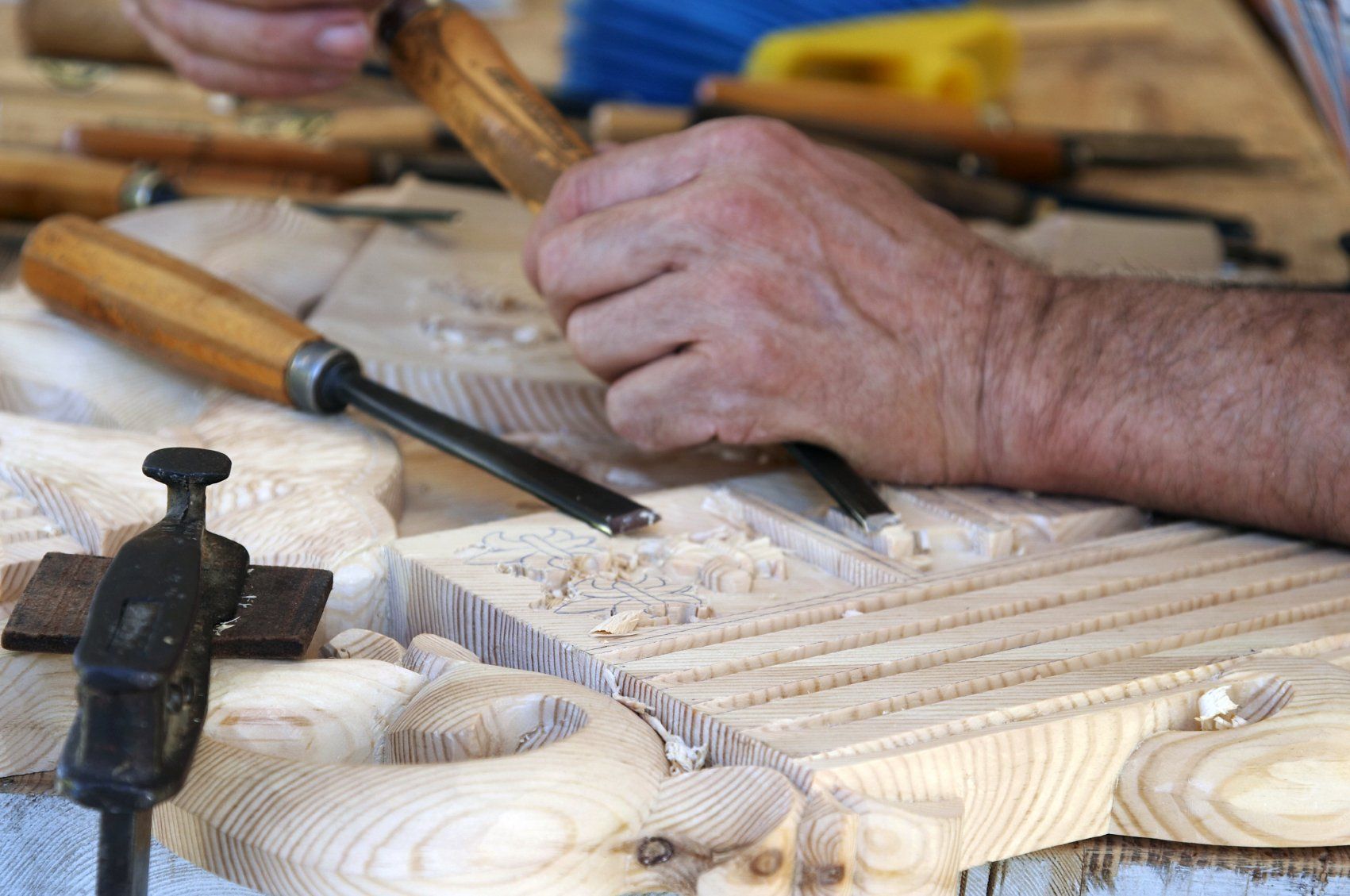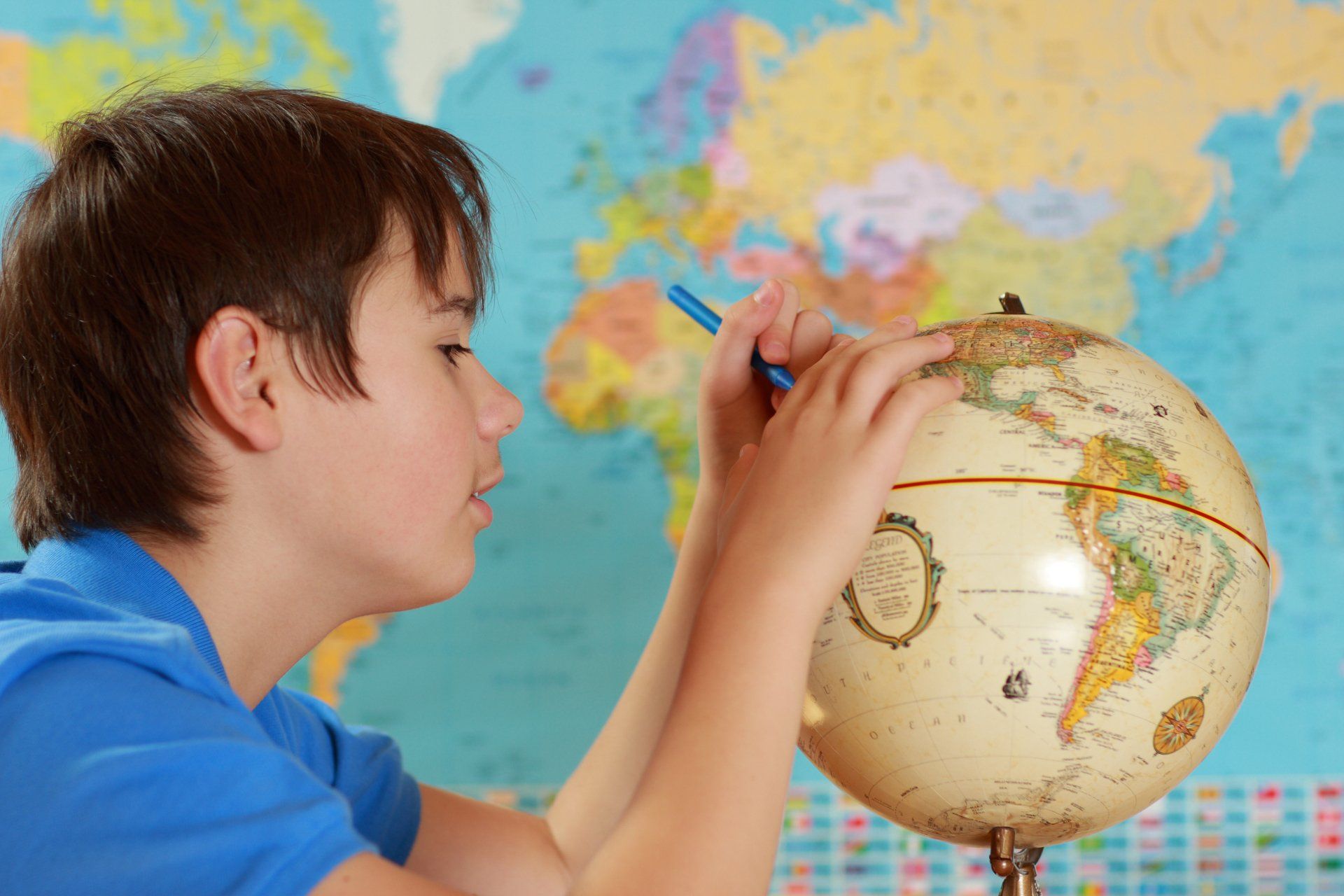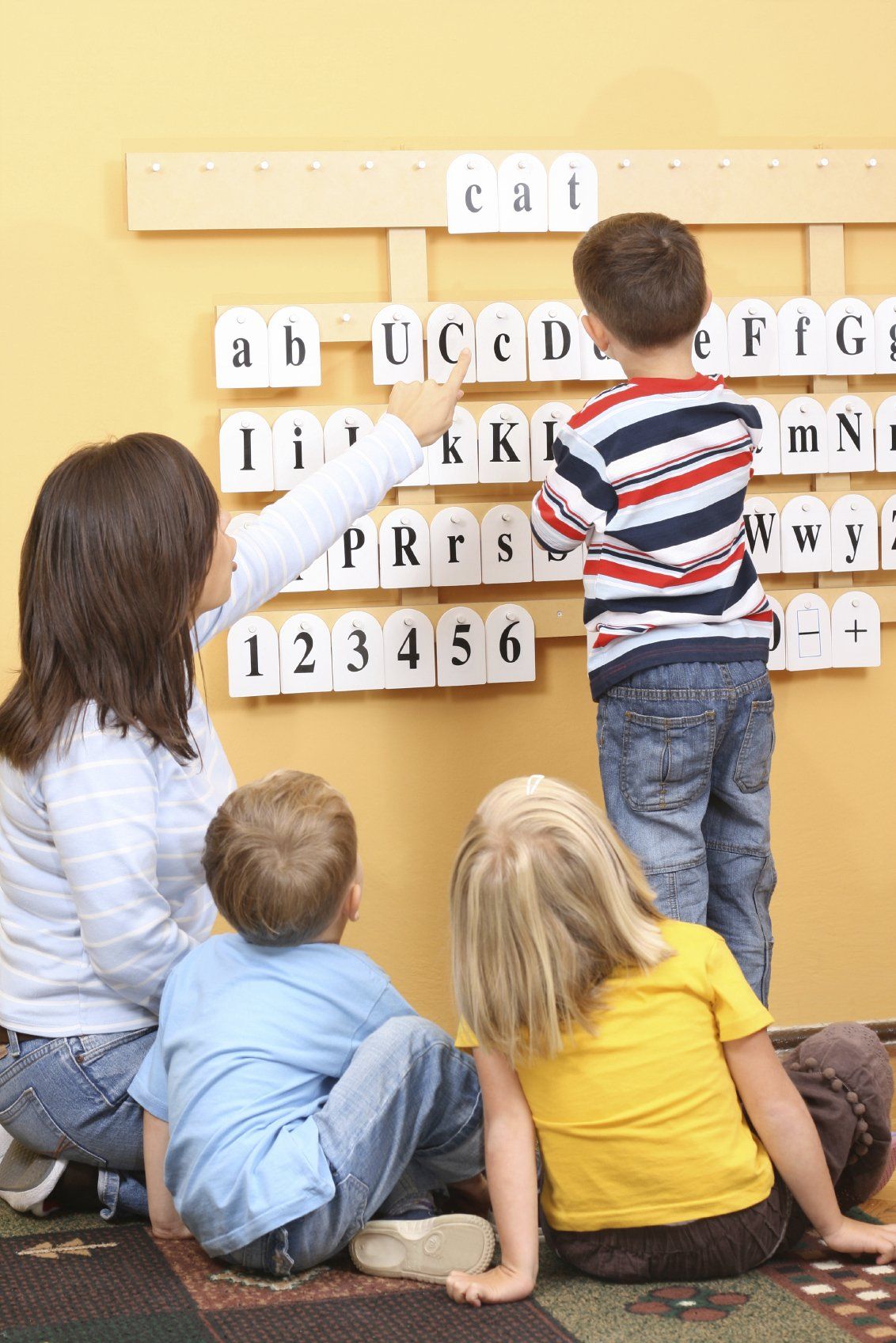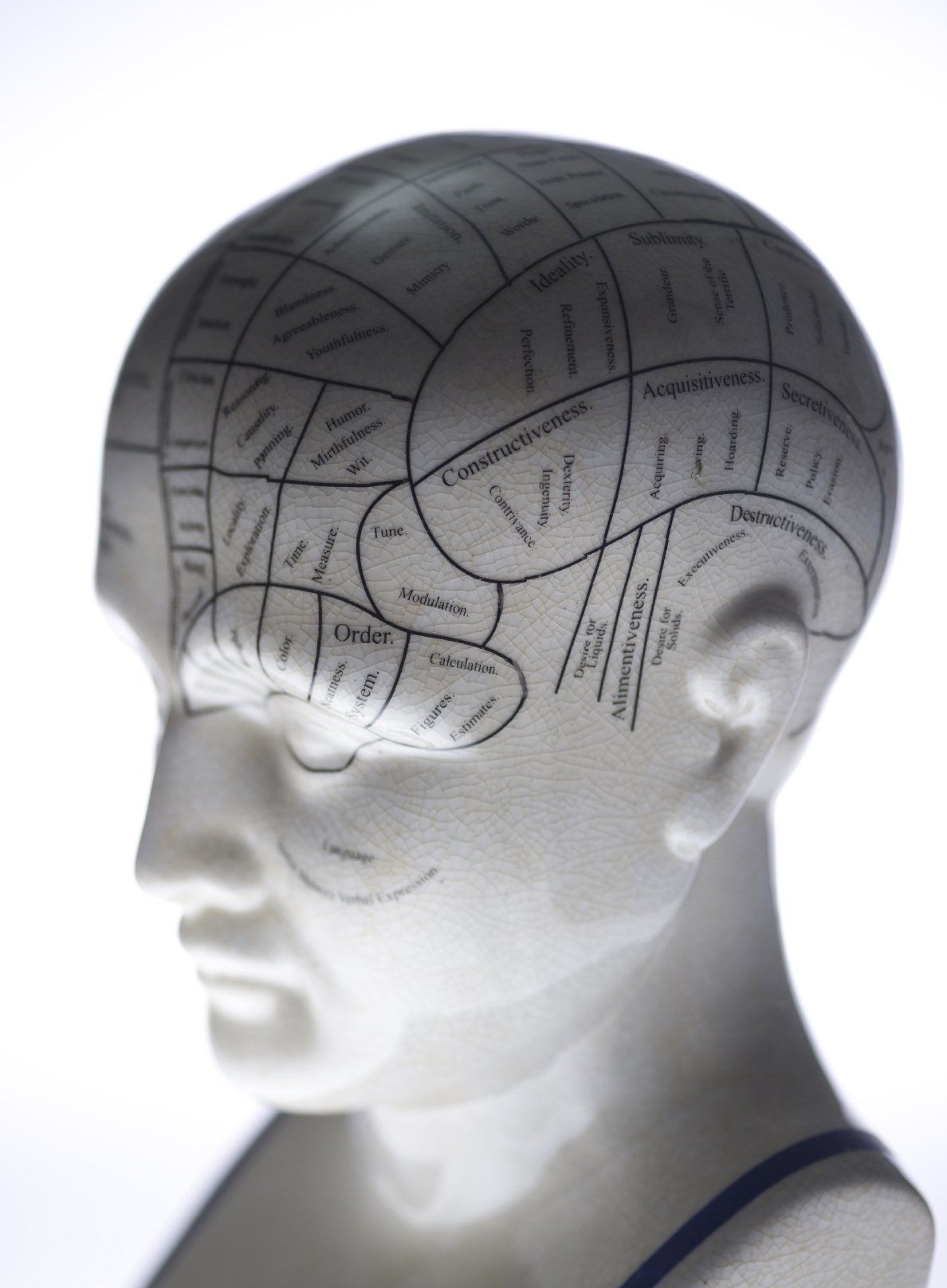Commit to Lifelong Learning!
Nurture Your Brain, Improve Your Mind, Enrich Your Life!
"perpetuam uitae doctrina!"
Lifelong Learning:
"The lifelong, voluntary pursuit of knowledge for personal or professional development."
"To know what you know and what you do not know, that is true knowledge!" Confucius.
Welcome to Our Lifelong Learning Hub
Come! Join us in this great adventure!
Your brain will thank you; your family will thank you; the world will thank you!
We are here to point you in the right direction and cheer you on.

Latin...: "perpetuam uitae doctrina!" -
English:
"lifelong learning"
Be Curious!

"Live as if you were to die tomorrow.
Learn as if you were to live forever." Mahatma Gandhi.
What is Lifelong Learning?
Lifelong Learning might be defined as:
“The lifelong, voluntary pursuit of knowledge for personal or professional development”.
The European Union defines lifelong learning as:
"All learning activity undertaken throughout life with the aim of improving knowledge, skills and competence within a personal, civic, social and/or employment-related perspective."

Why Commit to Lifelong Learning and Continuing Education?
What's all the fuss about?
Well, the twenty-first century world is a dynamic, complex and rapidly-changing mosaic of human activity which prompts every human being on the planet to adapt to these changes or be "left behind".
Today, more than ever before, the world needs a well-informed, healthy, balanced, vibrant and wise population, of all ages, to manage and cope with its technological, environmental and social complexities.
In today's super-complex world:
- Lifelong Learning is necessary!
- Lifelong Learning is good for your brain!
- Lifelong Learning is for everyone!
- Lifelong Learning is fun!
- Lifelong Learning is in!
On-the-job training keeps employees relevant and sharp!
Be in constant pursuit of knowledge.
For human beings to survive in this changing world, we all need to be in constant pursuit of knowledge, information and useful skills. This is where the concept of lifelong learning comes in.
Even though learning begins at birth and continues (formally or informally) until death; the idea of lifelong learning really takes on greater significance after an individual finishes his/her standard education (kindergarten, primary school, high school and post-secondary education) in preparation for a career.
These formative stages of an individual’s education can be viewed as somewhat compulsory in most societies. This stage of the learning journey is considered a formal education stage. Of course, not all young people complete the various stages of this formative education. But, there's hope!
Naturally, we all tend to learn something new each day. This learning happens as we go about our day-to-day activities. We might view such learning as "incidental" or "informal" learning; or simply, "experience".
So much of what we learn is derived from our life experiences, and these experiences help to mold our personalities, condition our behavior and enhance our wisdom. This learning is often involuntary.
Many national governments and international organizations such as the Organization for Economic Co-operation and Development (OECD) and The United Nations Educational, Scientific and Cultural Organization (UNESCO), have been putting a great deal of effort and resources into the task of having all "flavors" of learning recognized as legitimate and valuable.
In this context, the "flavors" of learning are:
- Formal learning,
- Informal learning and
- Non-formal learning.
Formal Learning is structured learning, with predetermined objectives, in which the learner sets out to gain some knowledge or skill. Formal learning usually takes place in a formal setting such as a school, university, college, workplace, etc.
Informal learning is generally considered learning from one's life experiences. Most of the time the learner acquires knowledge unintentionally.
Non-formal learning falls somewhere between formal and informal learning. This learning mode tends to be somewhat organized, initiated by the learner and might take place in a non-formal educational setting.
Learning in any form is valuable to the individual learner and should be recognized by others as adding to the value of that individual as a contributor to society.
Learn on your own terms.
Our learning is often driven by our desire for personal or professional development, which prompts us to take deliberate action in an effort to acquire the sought-after knowledge. Sometimes we seek knowledge simply for the sake of knowing!
Lifelong Learning Is Critical to Your Staying Relevant in Today's Job Market

Lifelong learning is essential for staying competitive in today's ever-evolving job market. In an age of rapid technological advancement, the ability to continuously upskill and reskill is critical for professionals in all industries. Those who embrace lifelong learning will be better equipped to navigate the changing landscape of their chosen field and remain relevant in an increasingly competitive job market.
Believe in You!

Dream! Seek! Learn!
"Whatever the mind of man can conceive and believe, it can achieve". - Napoleon Hill.
If you wish to walk the road less traveled, then walk it!
If you wish to march to a different drummer, then do it!
If you need to talk about the true you within, then talk it!
If there is a song in your heart you need to sing, then sing it!
If you have a story to tell, then tell it!
...but, always travel with your moral compass in hand!
An Important Word Definition:
Cognition
One of the most important ingredients in the recipe of human existence, and an important component of "mind", is "cognition''.
Throughout your lifelong-learning journey you will have many encounters with this word and its derivatives. It is virtually impossible to discuss human brain health without referencing its cognitive attributes.
Here is the definition (verbatim) according to the American Psychological Association's Dictionary of Psychology:
cognition
n.
1. all forms of knowing and awareness, such as perceiving, conceiving, remembering, reasoning, judging, imagining, and problem solving. Along with affect and conation, it is one of the three traditionally identified components of mind.
2. an individual percept, idea, memory, or the like. —cognitional adj. —cognitive adj.
The Power of Lifelong Learning in Preserving Cognitive Function

Developing a lifelong-learning mindset and engaging in lifelong-learning activities could contribute towards the preservation of cognitive function as you age.
A Quote by Socrates
“I am wiser than this man, for neither of us appears to know anything great and good; but he fancies he knows something, although he knows nothing; whereas I, as I do not know anything, so I do not fancy I do. In this trifling particular, then, I appear to be wiser than he, because I do not fancy I know what I do not know.”
Learn New Things
Don't stop learning after you have completed the foundational education you need to get a good job. Build on that foundation! Continue!

Photo 173295179 / Learning © Kriangsak Koopattanakij | Dreamstime.com
Stay curious!
- Take up a hobby or two!
- Learn to play a musical instrument!
- Learn a new language!
- Take some interesting courses, online!
- Join a Lifelong Learning Institute.
- Exercise!
- Socialize!
- Travel!
- Write!
- Dance!
- Laugh!
- Dream!
Research has shown that learning something completely new and way different from what you already know, has the greatest impact on the re-wiring of the brain.
Keep your mind and body active. Become a multi-faceted, multi-dimensional human being. You will not regret it: especially in your senior years.

Life offers us a smorgasbord of choices.
- Choose often! But, choose wisely!
- Pace yourself!
- Embrace all that life has to offer!
- Continue to learn and grow!
- Give of yourself along the way!
We all need to adopt a lifelong-learning mindset.
Most people have an innate need to feel useful, relevant and fulfilled. We strive to satisfy these needs in various ways, consistent with our circumstances and personalities. Committing to (deliberately) learning new things throughout your life, would definitely contribute to the satisfaction of these needs.

Learning can be fun!
A good education does boost a person's self esteem, self confidence and sense of belonging. But, what is a good education?
Many years ago, in western societies, a high-school graduate was considered a well-educated person who was ready to launch out on a career as an apprentice tradesman, clerk or artisan. In many societies even a primary school education was deemed sufficient. This perception was consistent with the state of industrial economic and technological development of the society in which the student lived.
A foundational education is critical.
Today, a good K to 12 education lays the critical foundation on which a young person is expected to build. Hence, a young high-school graduate is expected to go on to further studies at a university, community college, or some other post-secondary educational institution.
This expectation is driven by the state of technological and industrial development of numerous nations around the world, leading employers to demand a more sophisticated and highly-educated workforce.
There is hope for all.
Of course, there is hope for the primary-school graduate, high-school graduate, the high-school dropout or even the unschooled! It is never too late to pick up the "ball of learning" and run with it.
Lifetime earnings aligned to education level.
There are many jobs available to high-school graduates and high-school dropouts. However, more often than not, the pay scales of these jobs may not be sufficiently high to enable the employee to support himself/herself (and a family) comfortably. Under these conditions, many employees may have to resort to doing more than one job to make ends meet.
The table below shows the broad relationship between level of education attained and median weekly wages,
for workers in the United States of America, for 2021.
Earnings and unemployment rates by educational attainment, 2021
| Educational attainment | Median usual weekly earnings | Unemployment rate |
|---|---|---|
| Doctoral degree | $1,909 | 1.5% |
| Professional degree | $1,924 | 1.8% |
| Master's degree | $1,574 | 2.6% |
| Bachelor's degree | $1,334 | 3.5% |
| Associate's degree | $ 963 | 4.6% |
| Some college, no degree | $ 899 | 5.5% |
| High school diploma | $ 809 | 6.2% |
| Less than a high school diploma | $ 626 | 8.3% |
Note: Data are for persons age 25 and over. Earnings are for full-time wage and salary workers.
Source: U.S. Bureau of Labor Statistics, Current Population Survey.
The Benefits of Lifelong Learning.
Lifelong learning is sometimes referred to as Continuing Education, Adult Education or Professional Education (in cases where the training given to an individual is primarily aimed at benefitting an organization with which the individual is affiliated).
Regardless of its label, an individual stands at the core of this concept.

In Lifelong Learning, the "learning" is done by individuals. So, who are the beneficiaries of an individual's commitment to lifelong learning?
You, the student, are the primary beneficiary of your lifelong-learning pursuits.
The primary beneficiary of lifelong learning pursuits is the individual student.
Here are some of the ways in which a commitment to lifelong learning can help you.
- Lifelong learning improves you cognitive abilities
- Lifelong learning promotes overall brain health
- Lifelong learning enhances your self confidence and promotes feelings of self-fulfillment
- Lifelong learning helps you to keep, and grow in, your job
- Lifelong learning can prepare you for a new career
- Lifelong learning helps you to keep up with technological and social advances
- Lifelong learning can make you a more interesting person to others
- Lifelong learning can give you the tools to be a better citizen of the world
So, the benefits accruing to the individual who adopts a lifelong-learning mindset, and deliberately engages in lifelong-learning activities, actually spill-over to benefit of others. Here are some beneficiaries of this spill-over effect :
- Your employer benefits from your lifelong-learning pursuits.
- Your family benefits from your lifelong-learning pursuits.
- Your immediate community benefits from your lifelong-learning pursuits.
- Ultimately, the world (in some way) benefits from your lifelong-learning pursuits

Interested in woodworking as a hobby? Learn more >>
A Love for Learning Should Begin Early!
Dear parents, teachers and other concerned adults. Please do your very best to instill the love of learning into the minds of the children over whom you have charge! A tough job, but a necessary one!

Ideally, learning should not be perceived by children, or anyone else, as a burdensome chore. A child's perception of learning could be colored by the way that child is taught, as well as by the attitude (towards learning) of the adults who interact with the child. So let's make learning interesting and fun for all!
The United States National Institutes of Health (Office of Communications) presented this brief article entitled: "Why is Early Learning Important?"
"Early learning paves the way for learning at school and throughout life. What children learn in their first few years of life—and how they learn it—can have long-lasting effects on their success and health as children, teens, and adults.
Studies show that supporting children’s early learning can lead to:1,2,3
- Higher test scores from preschool to age 21
- Better grades in reading and math
- A better chance of staying in school and going to college
- Fewer teen pregnancies
- Improved mental health
- Lower risk of heart disease in adulthood
- A longer lifespan".
- Read more about this article here....
- Read more about early learning, in general, on the NIH website here....
Is it possible for you to adopt a strategy, or suite of strategies, that could effectively enhance the way you learn? Yes it is!

Every human being learns things. Stuff! However, how we learn best is, to a great extent, a function of what is popularly called, our "learning style".
- Do you learn best while listening to music?
- Do you learn best while visualizing the subject matter, drawing things out, following the instructions via a visual presentation, or via any means that primarily invokes your visual sense?
- Do you learn best when the subject matter is presented aurally?
- Do you learn best by doing; by experimentation, etc.?
- Do you learn best by reading the subject matter?
- Or, do you call upon a variety of learning styles, depending on the subject matter under consideration?
Whatever your perceived learning style, it is useful to spend some time contemplating the way, or ways, that you seem to learn best. If you are unsure, try studying using one of the various learning styles and see if one (or more) feels more comfortable than the others. This 'might' be your predominant learning style.
However, the story does not end here, since your predominant learning style does not tell the full story of how you actually absorb and digest information. You might also want to learn about the various learning strategies that you can adopt while studying.
A mighty shout of "thanks!" goes out to all good teachers who have touched the lives of so many, over the centuries.

Teachers are some of the most dedicated and hard-working professionals in our society, and they deserve all the recognition and appreciation they can get.
Thanks to teachers who go the extra mile, students have the opportunity to learn, grow, and develop their skills.
Dear teacher: Thank you for your love and dedication to educating and shaping the lives of your students.
Thank you for the enduring memories!
Dancing is a good way to get physical and mental exercise, have fun and to engage with other like-minded people.
Dance with me!
All of these benefits accruing from dancing, could contribute greatly to the good health of your brain, other body systems and your cognitive faculties, for a long time.
No need to get formal training. Just dance!
Of course, if you are in a position to attend a few dance classes, then this would benefit you even more.
Here are a few quick links on the subject of dancing and our health:
Laughter is the best medicine!
The popular phrase: "Laughter is the best medicine!" seems to ring true in many aspects of our lives. Some say that the phrase originated in the Holy Bible: Proverbs, Ch 17, Verse 22 (Proverbs 17:22); which reads:
"A cheerful heart is good medicine, but a crushed spirit dries up the bones."
We all know the power of a good laugh! Not just a smile, or a grin; but a deep, belly laugh (or two) triggered by some funny, ridiculous joke or comment. When we were children, we laughed a ton, but as grown-ups hearty laughter no longer plays a prominent role in our day-to-day routines. Why?
Emma Seppälä, Ph.D., of Yale University, wrote in Psychology Today, that ongoing research on this subject is finding and reaffirming that Laughter is good for your overall health. She put forth seven of the many ways in which laughter is beneficial to humans:
- Laughter improves your relationships.
- Laughter boosts your memory and lowers your stress.
- Laughter makes you resilient.
- Laughter improves your health.
- Laughter makes you a better learner.
- Laughter makes you attractive.
- Laughter helps you make the world a better place.
So, let us enhance our health and feeling of wellbeing with laughter!
The brain is the Central Processing Unit of the human system. More powerful and sophisticated than any computer ever built! Take care of it!
Your brain matters!
Rene Descarte's philosophical dictum, "Cogito Ergo Sum" ("I think, therefore I am") brings into sharp focus the importance of the human brain to the philosophical conversation around the reality of man's existence.
For all intents and purposes, human thoughts emanate from electrochemical reactions in the brain. So, without a functioning brain there is no thought and without thought, man (in his true essence) does not exist.
Further, since the brain controls all bodily functions in the human being, when the brain dies, the rest of the human organism eventually dies with it.
If we take a serious look at human existence and the way the body systems and mind function; we must conclude that our greatest responsibility is to look after our brain's health. Your brain matters!
Beware of Alzheimer's Disease and Dementia!
Watch out for them like a hawk!
Don't wait until you or your loved-ones get caught in the web. Do whatever you can to prepare for, and ward off, Alzheimer's disease and dementia as early as possible. People of all ages are subject to the onslaught of these conditions! Not nice!
According to the Mayo Clinic:
"Dementia is a term used to describe a group of symptoms affecting memory, thinking and social abilities severely enough to interfere with your daily life. It isn't a specific disease, but several diseases can cause dementia."
The National Institutes of Health's, "National Institute on Aging" says:
"Alzheimer’s disease is the most common cause of dementia in older adults. It is a progressive brain disorder that slowly destroys memory and thinking skills. It is not a normal part of aging."
We all need to learn as much as we can about dementia, and delve into research findings about how to manage this condition, or even delay it.
This is everyone's concern.
The incidence of Alzheimer's disease and dementia is higher among the older population, but we know that younger persons can also develop these conditions. Since we all eventually become senior citizens, these potentially devastating conditions should be everyone's concern.
Mental and physical activity might help.
Although there is much research still to be done in search of a cure for these conditions, some research findings suggest that keeping the mind and body active throughout our lifespan, might delay the onset of dementia.
So, lifelong-learning activities might contribute to the mix of things we can do in our attempt to delay (at least) the onset of these devastating diseases.
Bear in mind that, even if you don't develop Alzheimer's or dementia during your lifetime, you may have the task of fully, or partially, caring for a loved-one who does. Caregivers in these cases face many difficult challenges themselves.
Currently, there is no cure for Alzheimer's disease; but the race is on to find a cure. Dementia caused by some factors, other than Alzheimer's disease, might be reversible.
Maintaining good physical, mental and spiritual health is the one desire that most, if not all, human beings cherish. Naturally, our Lifelong-Learning journey will be much more pleasant and meaningful, if we are in reasonably good health.
Since our body, mind and spirit are all intimately intertwined, it is important that we take an holistic approach to managing our overall health. Some of the high-level actions that we can take to promote good overall health are:
- Get regular medical/physical checkups
- Eat a healthy diet
- Exercise regularly
- Get an adequate amount of sleep
- Nurture and protect your brain
- Nurture and protect your mind and cognitive faculties
- Adopt a positive mental attitude
- Do not smoke
- Do not consume excessive amounts of alcohol
- Remain engaged with your fellow human beings throughout your lifetime
- Give of yourself to others
- Take time out to dream and ponder life itself.
Getting enough sleep is essential for both physical and mental health, as well as for brain health.

Adequate sleep is critical to our health!
Studies have shown that inadequate sleep can have a negative impact on your cognitive function and memory, while adequate sleep has been linked to improved focus and increased learning potential.
Getting a good night's sleep is essential for overall health and wellbeing, and it's even more important for the health of your brain. Sleep promotes brain health, enhances cognitive abilities, and improves emotional regulation.











